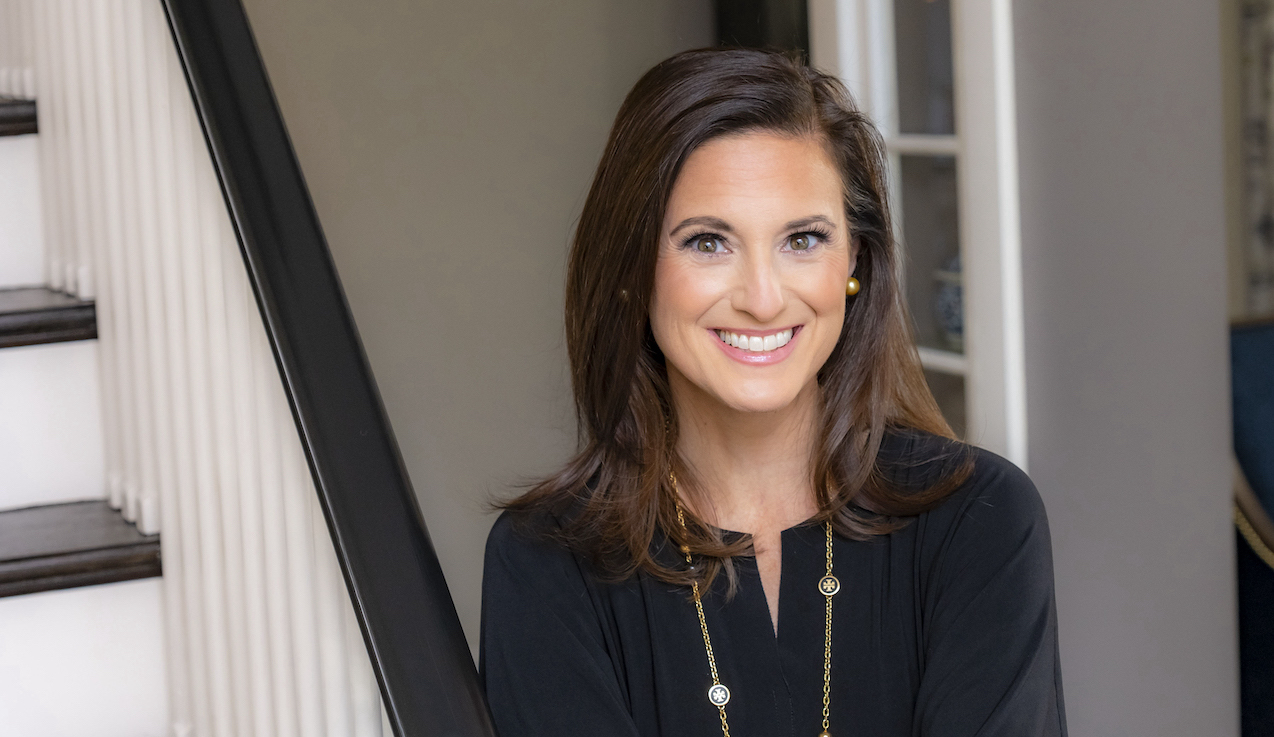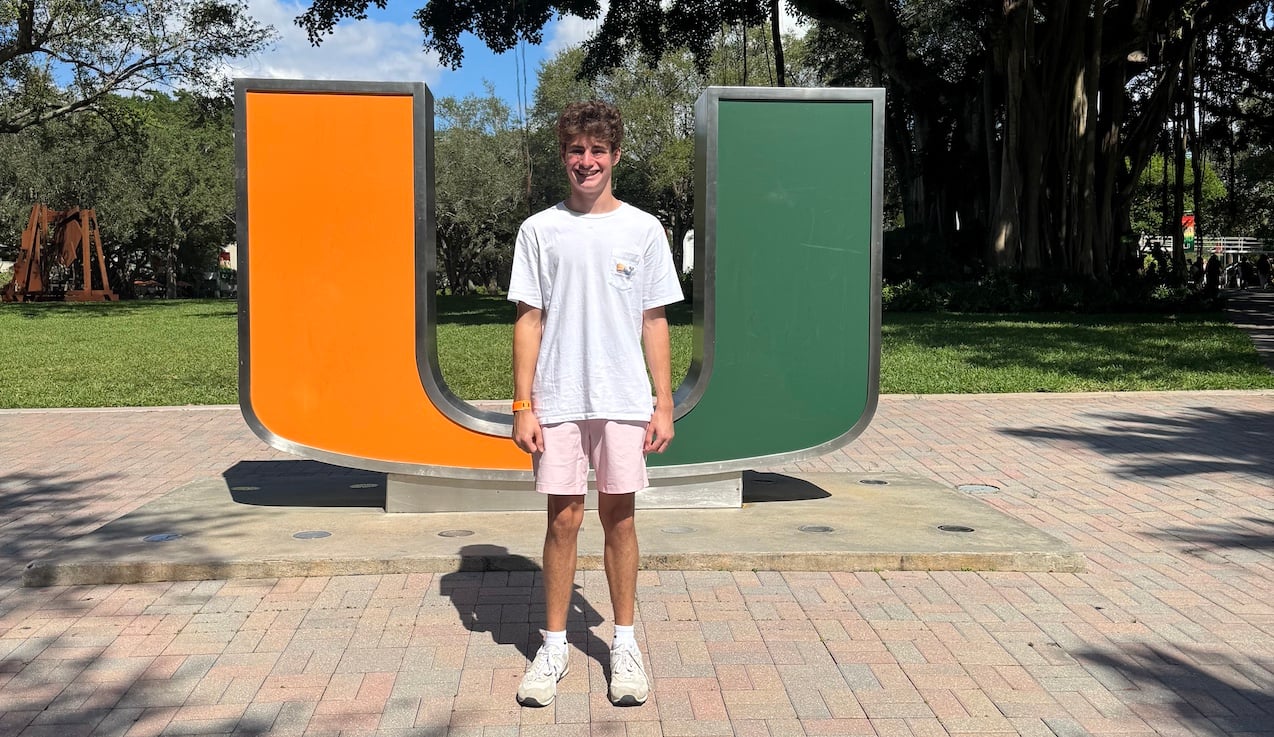It took a pandemic for the traditional gap year to finally become a household name.
For decades, only a small number of high school graduates chose to take a gap year before attending college. When COVID hit in the spring of 2020, there was so much uncertainty in the air. More high school seniors than ever before decided to postpone college for a year in the hopes that things would settle down enough for a "normal" college experience. In some cases, colleges were reporting 10-20% of their incoming freshmen taking gap years.
In 2021, the gap year trend continued. And this year, I am hearing more and more students consider it. But the conversation around the gap year has changed. Some students are less focused on doing something meaningful before college, and instead are hoping to reapply to college during the gap year for better admissions results. The latter approach is a risky one.
Here is why.
1. Students who submit a deposit to a college during senior year with the intention to enroll are expected to follow through with this commitment.
If not, they must notify the college that they are no longer planning to attend.
2. By requesting and receiving a gap year by their enrolling college in the spring of senior year or early summer, the student is expected to enroll the following year.
The college would never have granted the gap year request if they knew the student was not planning to ultimately enroll.
3. Students who have no intention of attending any colleges they were admitted to as a high school senior should not send in an enrollment deposit, nor should they request a gap year.
4. Simply taking a gap year does not increase your chances of getting admitted to certain colleges.
Something significant would have to change in the student's application for a different outcome to happen. Doing something extraordinary during the gap year and writing all new essays can make a difference, though.
5. For younger students, make sure you truly like all of the colleges on your list.
When that happens, students are not disappointed with their results.
READ MORE: Don't Make This Mistake With Your College List
The true intention of a student taking a gap year was always about giving them an opportunity to do something special during that year. Traveling, volunteering, or pursuing a field or talent can make the gap year an unforgettable experience. If a student plans to reapply to college during that year, it will take time away from this chance of a lifetime.












